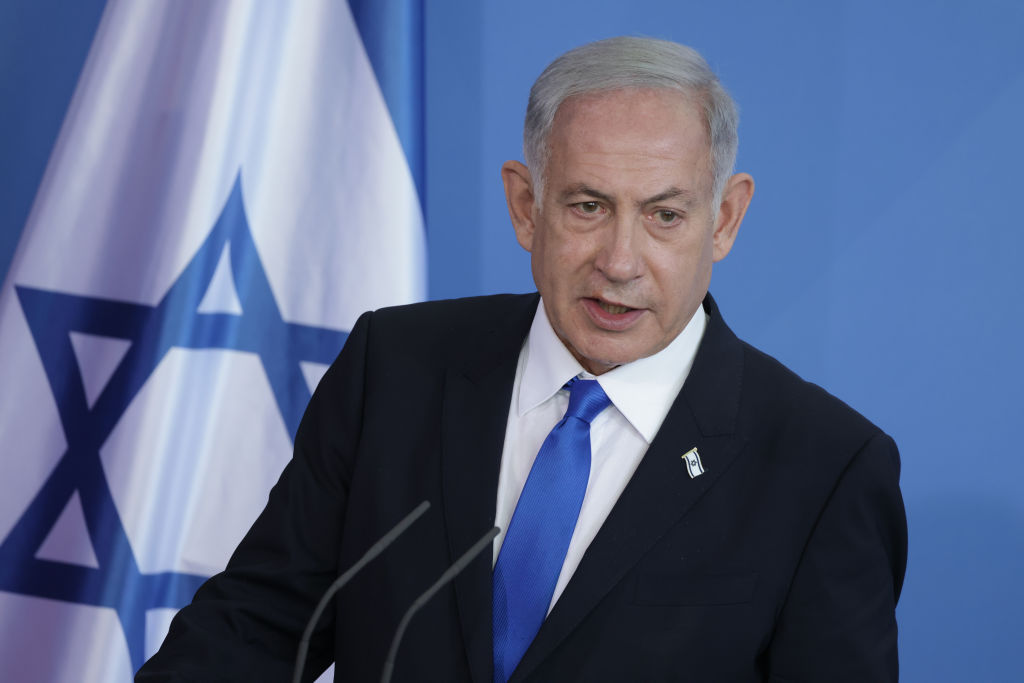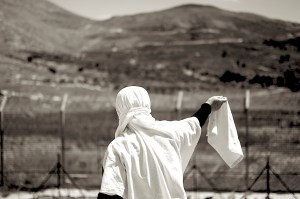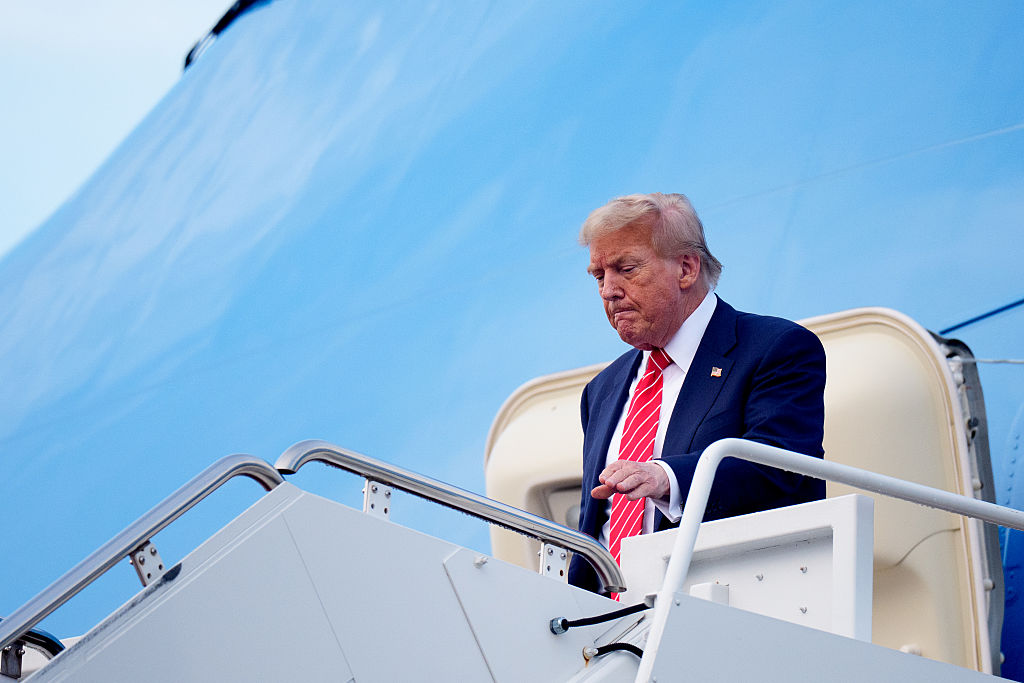When Israel responded to Iran’s unprecedented missile and drone attack in a measured military fashion on April 19, some believed that Israeli prime minister Benjamin Netanyahu had agreed to show restraint in return for Joe Biden’s support for a military operation in Rafah. These rumors were dispelled this weekend when the president reiterated his objection to a major military operation in the city during a call with Netanyahu.
This leaves Netanyahu between a rock and the hard place. Rafah, located in the southern end of the Gaza Strip, is near the border with Egypt and close to Israel itself. It is the last and most significant of Hamas’s strongholds and as such is crucial to the Israeli Defense Forces’ goal of removing the terror group from power and crippling its military capabilities.
Rafah should have been dealt with in the early weeks of the war while Israel still had international support
The problem for Netanyahu is, however, that a large scale operation in Rafah will almost certainly trigger widespread international condemnation, including from Israel’s allies. Biden could even restrict American military aid to Israel in response. Critics are worried about the humanitarian conditions in Gaza and civilian casualties among the one million refugees who escaped to Rafah since the war started.
Abandoning plans for an invasion into Rafah could, however, spell the end for Netanyahu’s time in power. The two most hawkish ministers in his coalition, national security minister Itamar Ben-Gvir and finance minister Bezalel Smotrich, have threatened to resign if Israel doesn’t invade the city. Their resignation would increase the changes of Netanyahu’s coalition collapsing, forcing an election in which Netanyahu’s unpopular Likud Party would likely incur a humiliating defeat.
Netanyahu has been trying to use the threat of a major operation in Rafah as the stick with which to negotiate a deal with Hamas. Should the terror group reject the deal, a large-scale Israeli operation in Gaza would commence. However, the threat is undermined by international opposition to the operation, which at the moment seems to be encouraging Hamas to hold its ground. The group’s leaders are hoping that Israel will be pressured into agreeing to a deal to bring an end to the war before its goals have been achieved, thereby saving them.
A new deal brokered by Egypt is currently being considered by both sides. It includes the release of thirty-three Israeli hostages in return for a temporary ceasefire and the release of Palestinian prisoners from prisons in Israel, including convicted terrorists. At a later stage, a deal could be struck to include the release of the remaining hostages, while Hamas may well demand a permanent ceasefire. A permanent ceasefire and the removal of all troops from Gaza remain Israel’s red lines, and so are unlikely to be agreed to, but the country has made major concessions in other areas.
The last few weeks have seen mass demonstrations in Israel against the government. Demonstrators criticize Netanyahu for obstructing negotiations with Hamas for the return of hostages, which he has done at the demand of Ben-Gvir and Smotrich. This reignited the mass movement against the Israeli prime minister that existed before the war.
Things are not looking good for Israel. Netanyahu’s hesitancy and failure to maneuver between personal interests — governed by his relenting efforts to stay in power, and the resulting urge to bow to the demands of extremists — and national interests, have placed Israel in a very difficult position.
Despite Israel’s military successes, Hamas still holds 133 Israeli hostages, many of whom are believed to have died in captivity. Netanyahu’s reluctance to suggesting an alternative ruler for Gaza means that Hamas is still in charge. In some areas they have even managed to regroup after Israel has pulled significant forces out of the strip.
Rafah, along with the other major cities in Gaza that were hubs of Hamas activities, should have been dealt with in the early weeks of the war while Israel still enjoyed international support. Instead, Netanyahu chose a gradual deployment of forces starting from northern Gaza, that made its way south very slowly. All the while international patience was running out. The result is that slow and hesitant decision making at the top of government may well have compromised the IDF’s military achievements.
Israel’s next moves will be determined by Hamas’s response to this new deal suggested by Egypt. A positive reply from the terror group will delay any operation in Rafah, but it could collapse Israel’s government. A negative reply means that Netanyahu will face the difficult decision of whether to launch an operation into Rafah despite American reservations. The first option is bad for Netanyahu. The second is bad for Israel.
This article was originally published on The Spectator’s UK website.


























Leave a Reply